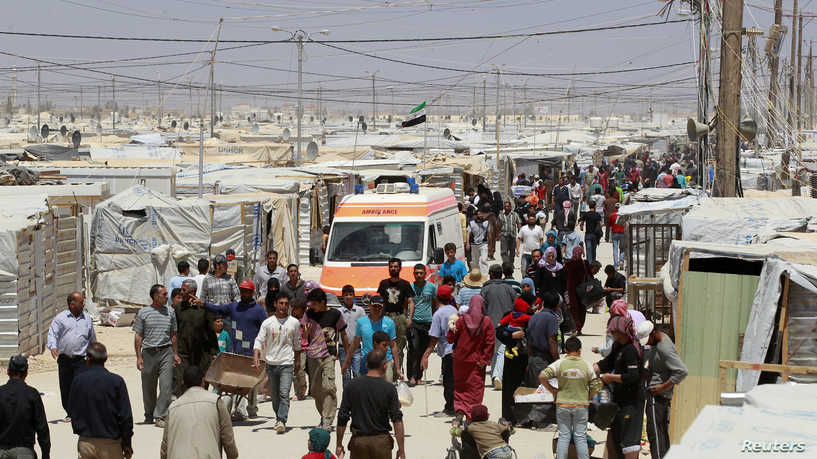Yes. That is the most recent innovation that has been proposed regarding the return of Syrian refugees, effectively rendering them refugees in their own country. The proposed location is the Homs countryside, likely the eastern region, which is part of the desolate Syrian desert. General Gianni Carvelli, head of Italian intelligence, is the alleged author of the proposal. Carvelli reportedly met with Bashar al-Assad and Director of Intelligence Hossam Luka in Damascus last week.
Guterres: 90% of Syrian Refugees Unable to Secure Basic Needs
This development follows a movement initiated by eight European countries, including Cyprus, Greece, Denmark, the Czech Republic, and Austria, aimed at preventing further refugee influx, particularly from Lebanon. The ultimate goal is to convince the European Union that parts of Syria are now safe, allowing for the return of refugees. However, this proposal raises concerns about violating international refugee laws and potentially creating concentration camp-like conditions.
The idea of a safe zone would require Assad’s acceptance and a pledge not to pursue Syrians placed in the designated area. Critics argue that this plan would deprive refugees of their right to move freely within their country and could lead to further blackmail and harassment by the Assad regime. The proposal’s implications and potential consequences have sparked significant debate and concern.
Rumours have circulated among officials in Lebanon, Cyprus, and other countries that the head of Italian intelligence discussed a safe zone proposal with Assad, despite concerns about Assad’s commitment to not attack returnees. The idea of a safe zone is problematic, as it treats affected humans like non-human creatures in a natural reserve, denying them basic rights like movement, work, and education. This sets a dangerous precedent, empowering tyrants to displace populations and blackmail the world by renting back the land to its people as refugees.
What’s striking is that Assad is negotiating from a position of weakness, with a severe living crisis affecting his former loyalists. Despite this, he has failed to take positive steps towards normalization with the Arabs or the Biden administration, which has offered to lift sanctions in exchange for progress in the political process. However, history suggests that Assad often receives help from his allies or the West when he’s at his weakest, justifying their support by citing the opposition’s weaknesses or the need to prevent an Islamic alternative. Despite his role in creating the largest refugee problem in the Mediterranean basin and accusations of drug manufacturing and smuggling, including to Italy, Assad remains a controversial figure in Western politics.
This article was translated and edited by The Syrian Observer. The Syrian Observer has not verified the content of this story. Responsibility for the information and views set out in this article lies entirely with the author.


